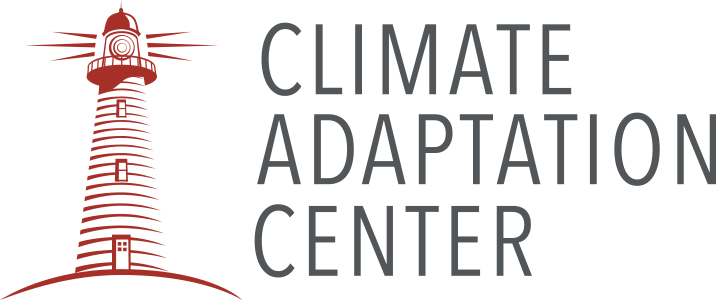Parametric insurance and reciprocal exchanges are redefining how communities can prepare for and recover from natural disasters. These innovative models are especially critical as traditional insurance becomes increasingly unreliable in high-risk areas due to rising premiums and restricted availability.
Sarasota, Florida, is currently piloting this model. Local residents are invited to help co-design the framework, ensuring the solutions are community-driven and grounded in local realities.
Presented during Hurricane Day, hosted by the Climate Adaptation Center (CAC), this initiative explores how financial tools can be reimagined to build resilience. Parametric insurance offers rapid payouts based on pre-defined triggers such as wind speed or storm category, eliminating the delays of traditional claims processes. It ensures that communities receive timely support when disasters strike.
Equally important is the role of reciprocal exchanges—a financial model where members of a community pool their resources and insure one another. Rather than relying on large, external insurance corporations, the community itself becomes the insurer. A managing entity, called an “attorney-in-fact,” is hired by the group to handle operations like pricing, claims, and risk management. This setup shifts power from insurers to insureds, giving communities greater control, transparency, and flexibility.
Reciprocal exchanges address several shortcomings of the traditional insurance model. First, they eliminate the insurer’s discretion to withdraw coverage, which is increasingly common in disaster-prone regions. Second, because communities define their own risk and coverage terms, the system becomes more responsive to local needs. Third, surplus funds are reinvested and returned to members as dividends, creating a long-term incentive to manage risk collectively and reduce premiums over time.
Sarasota, Florida, is currently piloting this model. Local residents are invited to help co-design the framework, ensuring the solutions are community-driven and grounded in local realities. By fostering local ownership, this model not only accelerates recovery but also encourages proactive adaptation.
The effort is backed by a coalition of institutions including Guy Carpenter, the University of Michigan, and Florida International University. Their involvement ensures a rigorous and community-driven process, integrating scientific research with local insight. Community feedback is essential, and ongoing workshops and surveys are being used to refine and adapt the model to fit regional needs.
This work underscores that adapting to climate change isn’t only about technology or infrastructure—it also requires innovative financial systems that strengthen community resilience. Embracing these models offers a path forward for communities seeking autonomy and security in the face of escalating climate threats.
Become a climate advocate. Donate today and get involved. Stay tuned for future events hosted by CAC.

